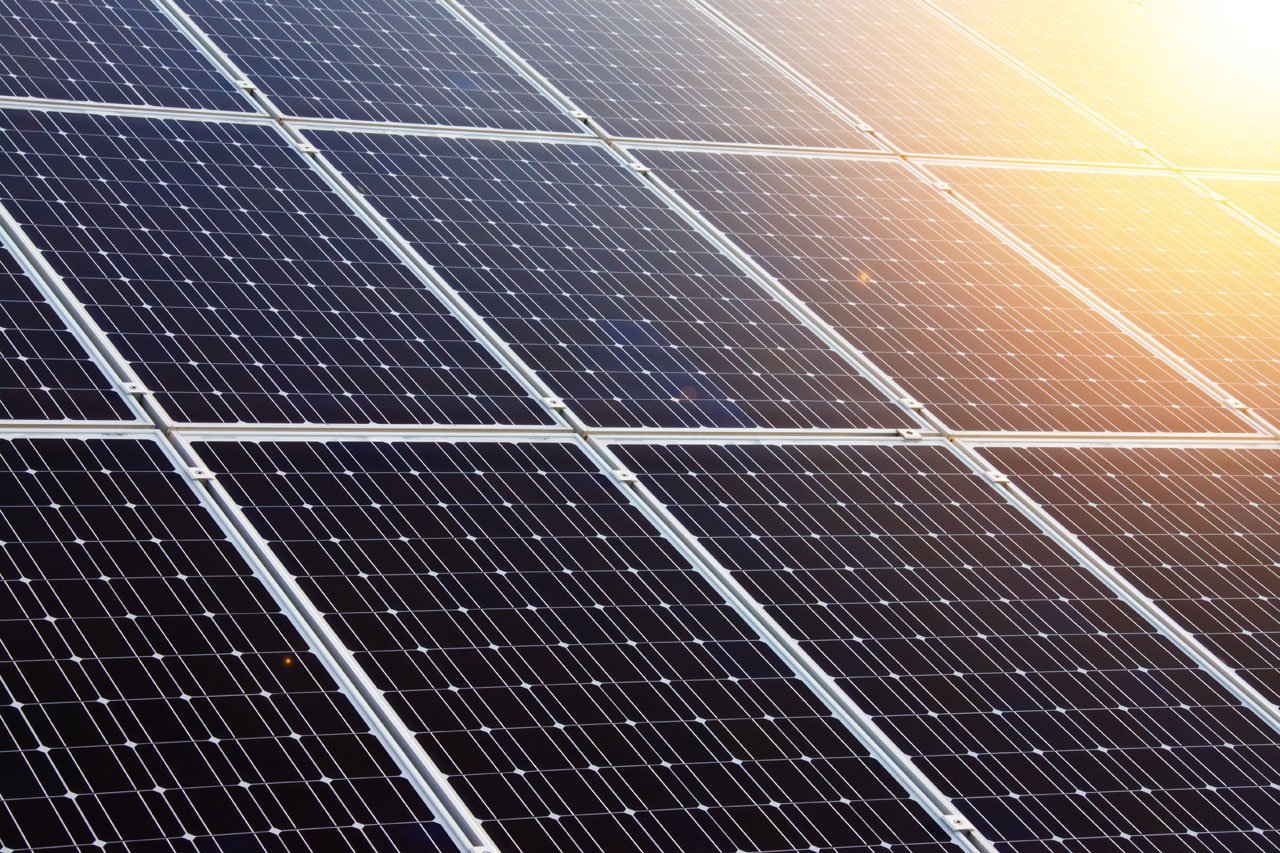Project Development
We’ve spent the last 10 years learning how to navigate the African market
We know what to look for in order to decide wether or not to pursue an opportunity and what to watch out for.
We are in our element on the ground in rural areas, and know how to collect reliable information to inform a decision. We also know how to communicate with institutional partners and move things along.
We can help you develop your projects, especially ones that have a high social and environmental impact.
Each project is different. Tell us more about your plan and we will tell you how best we can help you.

Lessons from the field
Here are tried and true rules of project development
🗃️ Don’t overtrust official data
In order to develop any project, you must learn as much as you can about your market. Government agencies often offer a lot of data to help with this: census data, national statistics, details on existing infrastructure, etc. However, it is important to be aware of limitations of such data. For instance, the official, administrative definition of a village might not match your definition as an organization looking to provide access to electricity or water in rural areas. Administratively, a village might be made up of a large and dense central district in addition to smaller, scattered groups of houses. As a project developer, you may need to focus on the center only. Official data may also be outdated. Things tend to change quickly on the ground, and 5 year old data might already be irrelevant. Trusting too much on existing information might cause you issues down the line. This is why doing your own homework on the field is imperative.
🥾 Do you homework
There are ways to get information without leaving the office, combining analyses of standardized data from reliable sources and satellite imagery. There is definitely a lot of value in this, as it can provide depth to your analysis and lead to a better understanding of the context of your project. But it is not enough to get the full picture. In order to get recent, reliable and relevant information for your projects, you need to go on the ground. This takes time, resources and expertise, but it is worth it.
💬 Talk to your customers and learn how to get reliable information
We could write an entire book on field studies logistics, but the real challenge here is the human factor. In order to get reliable information, you need to know how to talk to people of varying backgrounds, be aware of cultural differences, language barriers, and particular customs. There are also ways of getting important, sensitive information that would be very hard to get by asking point blank. Talking to your customers is as much an art as it is a science. But if you do it right, you will not only get invaluable information, but also start to establish a relationship based on mutual trust and respect with your stakeholders, which will go a long way when you get to the operational phase of your projects.
👀 Stay on top of your partners
Land acquisition, permitting, licensing… You will need to cooperate with local partners to get your project fully developed. In order to make it, you need to do your own work, but also stay on top of your partners and make sure your deadlines are met. This requires a clear and complete vision of your project timeline, key stakeholders, regulations, and how things are really done in your project’s region.
🧘 Be flexible
It’s not that unforeseen issues MAY happen, they WILL happen. Your project will never be implemented exactly as you had imagined it. You need to be ready to adjust your plans and keep in mind that done is better than perfect. Project development is just the beginning anyways, and you will have time to optimize during the operations phase.
Learn more about our project development references
-

Benin
Pipeline of minigrid projects in consortium with Akuo
-

Togo
Field study in villages in all of Togo for a consortium interested in a minigrid tender
-

Guinea
Field study in villages in all of Guinea for two consortiums preparing offers for a minigrid tender
